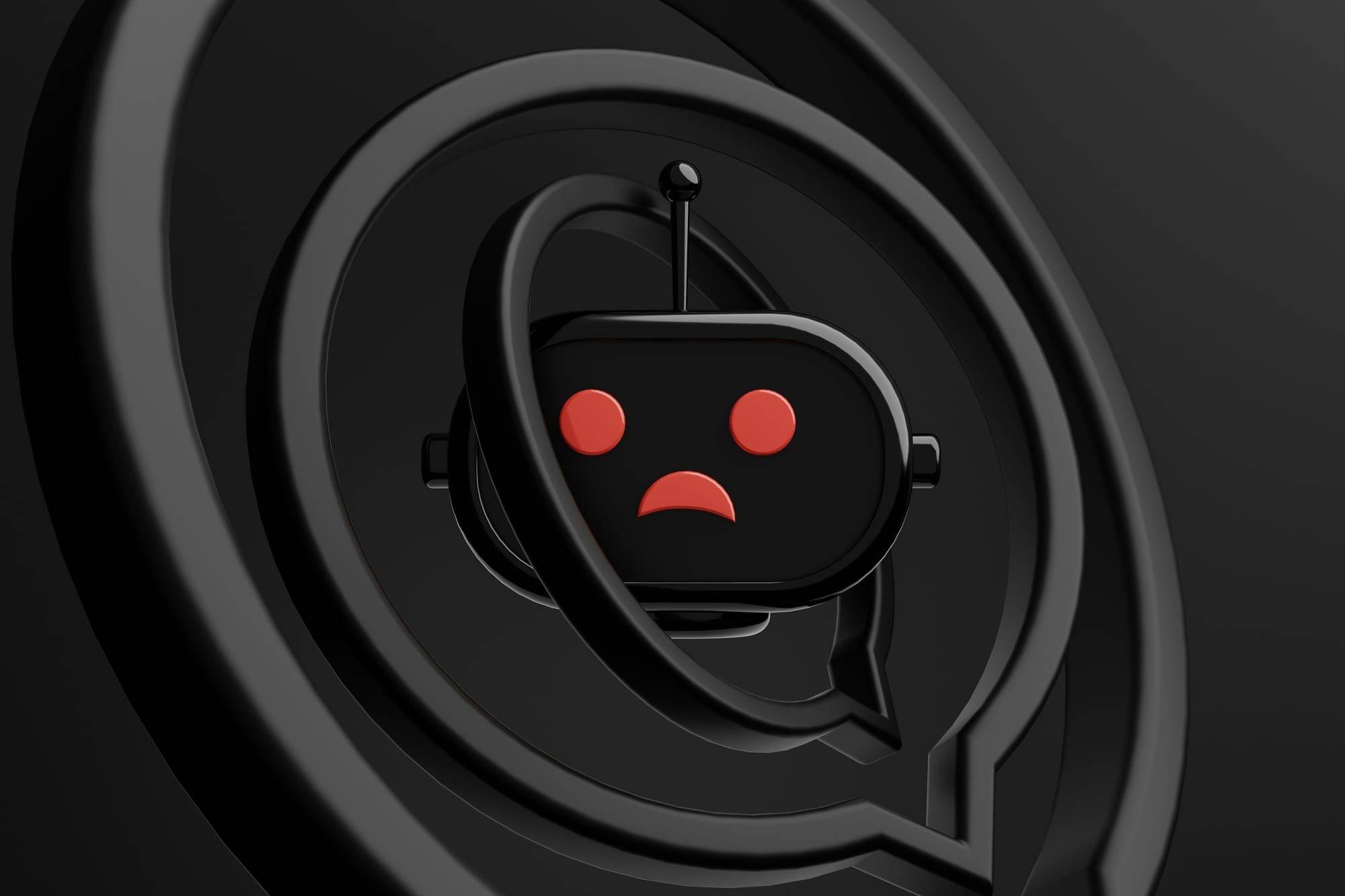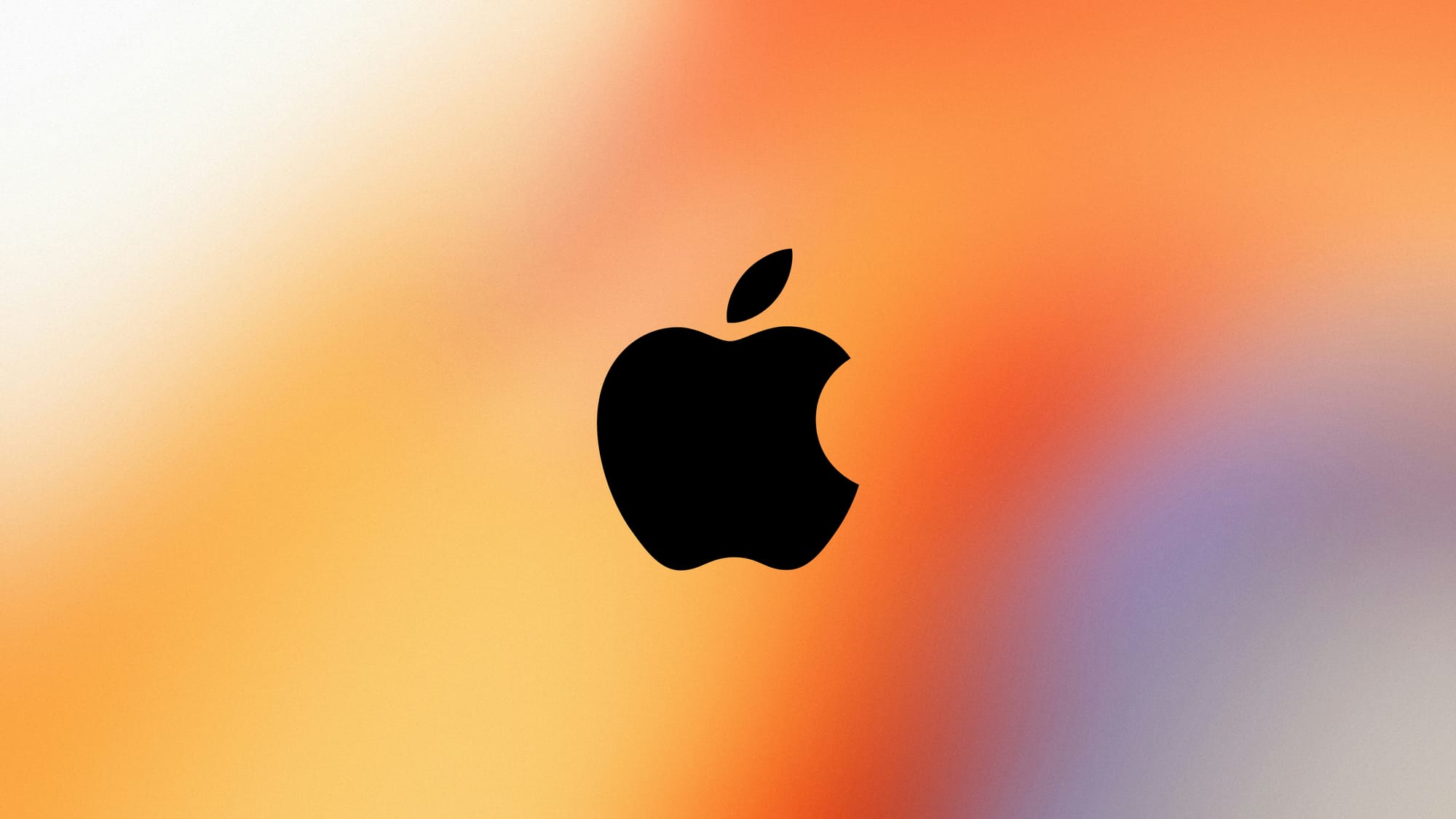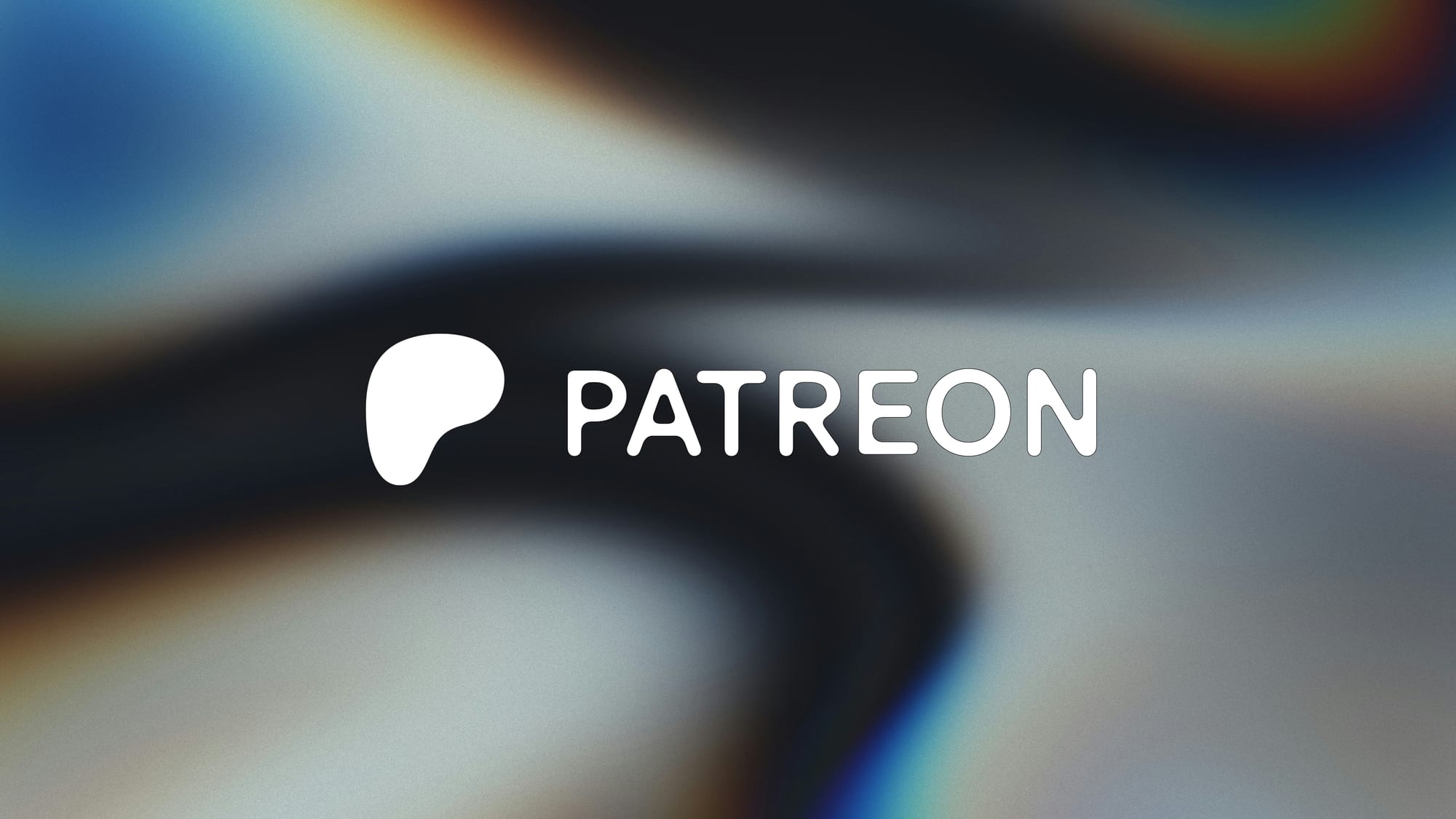In an unexpected literary twist, the Chicago Sun-Times recently published a summer reading list featuring 10 fictional books attributed to real authors. The syndicated content, which appeared in the newspaper's May 18th edition, included non-existent titles like "Tidewater Dreams" by Isabel Allende and "The Algorithm" by Andy Weir.
The freelancer responsible, Marco Buscaglia, admitted to using AI for the content, stating:
"I occasionally use AI for background information, but I always verify the material first. Unfortunately, this time I failed to do so".
While this incident has drawn criticism, it also highlights interesting possibilities. Imagine the creative potential of these AI-generated concepts! One Reddit user suggested embracing it as a mock book club: "Come along each week as we discuss a book that isn't real. It would be more intriguing than many actual reading lists out there!"
The Sun-Times has responded professionally, acknowledging that "it is unacceptable for any content we deliver to our audience to be inaccurate" and outlining five immediate actions, including not charging subscribers for the problematic edition.
This situation reflects broader challenges in journalism amid staff reductions—the Sun-Times recently lost 20% of its workforce to buyouts—but also demonstrates how AI mishaps can spark meaningful conversations about media integrity and creative innovation.














Discussion